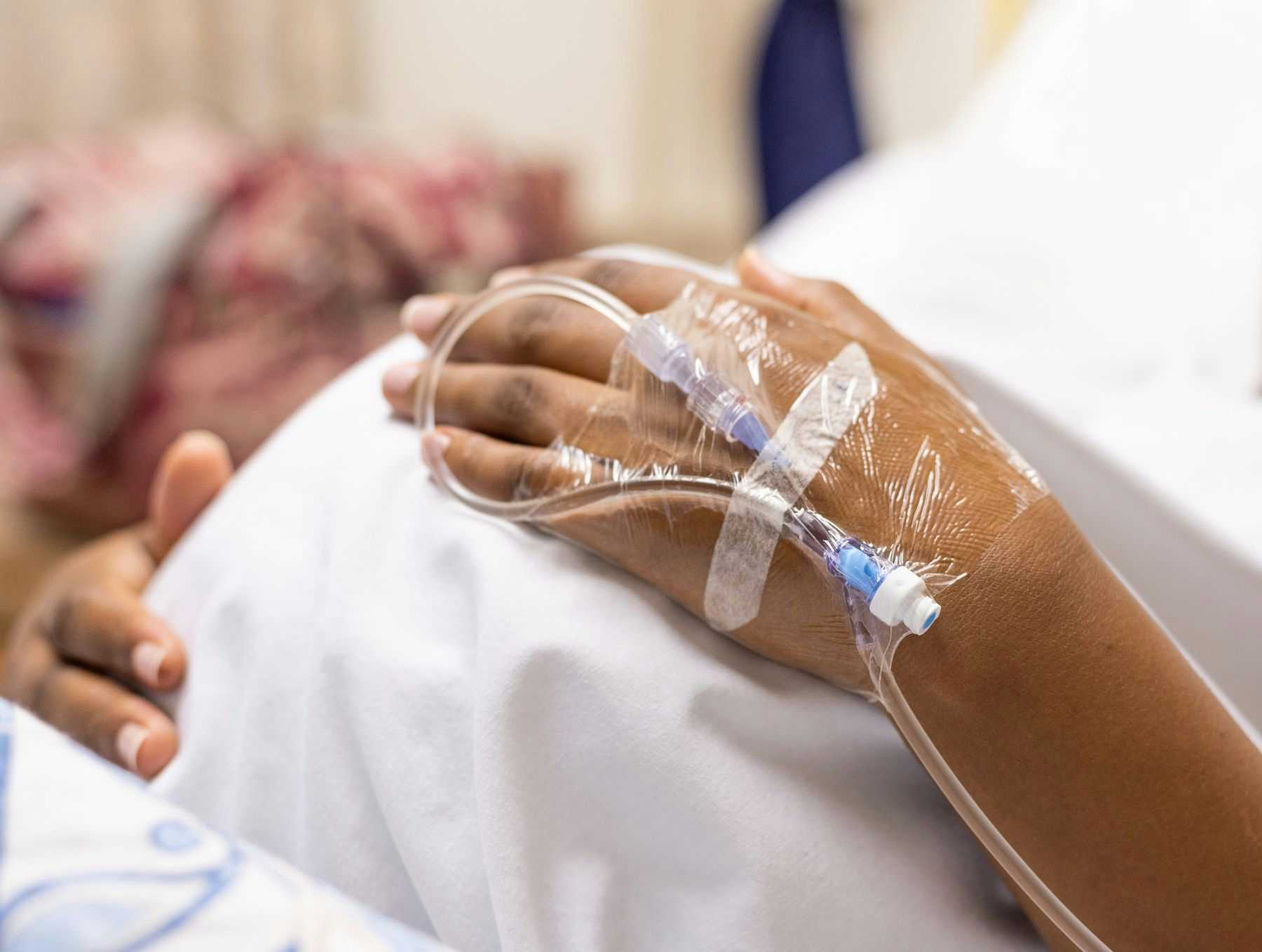Case Overview
This case revolves around the alleged inadequate surgical and post-surgical care provided by a general surgeon to a pregnant individual who required an emergency appendectomy. The patient, at 30 weeks gestation, presented to the ER with symptoms indicative of appendicitis. An emergent appendectomy was performed, during which the appendix was inadvertently ruptured due to mishandling, causing spillage into the abdominal cavity. Despite this complication, no antibiotics were prescribed upon discharge from the hospital.
In the subsequent days and weeks following surgery, the patient reported severe back pain and discomfort originating from the surgical site. Multiple medical examinations were conducted by various physicians within the same hospital where the appendectomy had been performed. One physician diagnosed constipation and prescribed Miralax, while another drained a significant amount of foul-smelling pus from the surgical wound and left the wound open.
Approximately three weeks post-surgery, after numerous follow-up visits and persistent complaints, the patient returned to the ER. An emergency C-section was ordered when it was discovered that both mother and baby had developed sepsis and chorioamnionitis. Both required intensive care as a result of this poorly managed episode — neonatal intensive care for the baby and extensive post-surgical care for the mother.
Related Litigation Guide: Acute Appendicitis in Pregnancy
This guide will help you navigate the complexities of diagnosing Acute Appendicitis in pregnancy.
Questions to the Surgery expert and their responses
Do you routinely perform appendectomy surgeries?
As a general surgeon working in a major medical institution, I regularly perform operations such as appendectomies.
Occasionally, we will also get pregnant patients, and the protocols for such patients are very different. In these situations, we have to treat the patient with the intention of giving thorough and decisive care to minimize the risk of complications to the mom and the baby.
Have you ever ruptured an appendix during surgery?
I have performed appendectomies on both ruptured and non-ruptured appendices.
Would this generally require antibiotics to be prescribed, to ensure no infection develops in the patient post-op — especially given the fact that this patient was 23 weeks pregnant?
The potential for infection in a ruptured appendix is much higher, and treatment is often prolonged to mitigate the risk of complications. However, treatment must oftentimes be tailored to the medical conditions at hand.
It is generally accepted that patients with ruptured appendicitis get prolonged antibiotics, but the type and duration can sometimes depend on the patient's response to the treatment. The prudent physician needs to watch this response closely to make sure that the treatment is appropriate.
Have you ever had a patient develop a similar outcome, post op?
I have never had a patient develop a similar outcome.
Have you ever served as an expert witness on a case involving similar issues?
I have served as an expert witness in cases involving intra-abdominal infections. However, I've never been an expert witness for a pregnant patient with appendicitis. That being said, I performed an operation on a pregnant patient less than 3 weeks ago.
About the expert
This expert is a highly experienced surgeon with nearly two decades of practice in general, minimally invasive, and bariatric surgery. They have an extensive academic background, including a fellowship in minimally invasive and bariatric surgery at a prestigious university, and currently hold multiple positions at a top-tier university and its affiliated medical center. Their research interests include clinical outcomes in hernia surgery, critical care medicine, bariatric surgery, and metabolic syndrome, making them a member of several professional surgical organizations.
E-725364
Specialties:
About the author
Wendy Ketner, M.D.
Dr. Wendy Ketner is a distinguished medical professional with a comprehensive background in surgery and medical research. Currently serving as the Senior Vice President of Medical Affairs at the Expert Institute, she plays a pivotal role in overseeing the organization's most important client relationships. Dr. Ketner's extensive surgical training was completed at Mount Sinai Beth Israel, where she gained hands-on experience in various general surgery procedures, including hernia repairs, cholecystectomies, appendectomies, mastectomies for breast cancer, breast reconstruction, surgical oncology, vascular surgery, and colorectal surgery. She also provided care in the surgical intensive care unit.
Her research interests have focused on post-mastectomy reconstruction and the surgical treatment of gastric cancer, including co-authoring a textbook chapter on the subject. Additionally, she has contributed to research on the percutaneous delivery of stem cells following myocardial infarction.
Dr. Ketner's educational background includes a Bachelor's degree from Yale University in Latin American Studies and a Doctor of Medicine (M.D.) from SUNY Downstate College of Medicine. Moreover, she is a member of the Board of Advisors for Opollo Technologies, a fintech healthcare AI company, contributing her medical expertise to enhance healthcare technology solutions. Her role at Expert Institute involves leveraging her medical knowledge to provide insights into legal cases, underscoring her unique blend of medical and legal acumen.



